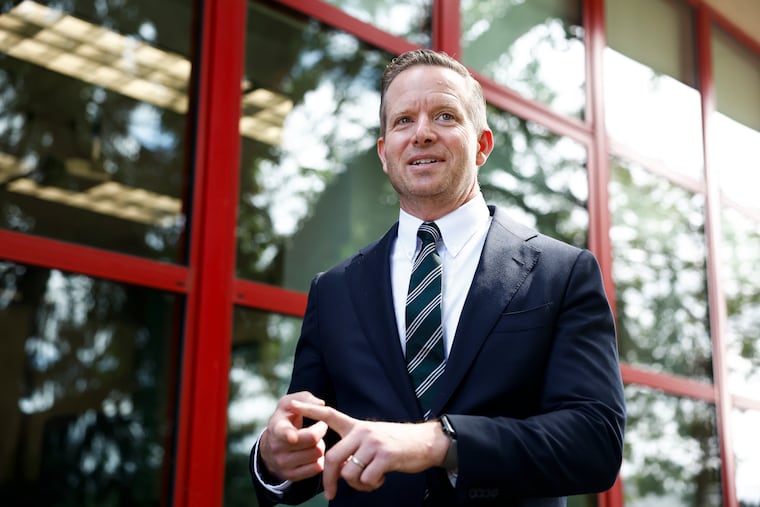City and retirees seek strategies to save money while ensuring access to healthcare services.
The New York Court of Appeals has issued a significant ruling allowing the city’s transition from traditional Medicare to a Medicare Advantage plan for retirees. This decision comes in the wake of ongoing discussions regarding the healthcare benefits that the city provides to its retired employees. The court emphasized that the city had not guaranteed employees lifelong coverage specifically tied to Medicare, which has been a pivotal point in this legal battle.
Despite the judicial endorsement of this policy shift, Mayor Eric Adams announced that he will not pursue the implementation of the Medicare Advantage plan at this time. This surprising development raises questions about how the city will address the projected 0 million in annual savings that this change was expected to deliver. The mayor is now tasked with finding alternative means to secure these savings, a challenge that could significantly affect future budgets.
For retirees who have been caught in the crossfire of this ongoing debate, the uncertainty surrounding their healthcare provisions is disconcerting. Many individuals are seeking clarity on their health coverage to adequately prepare for the future. The transition has left retirees anxious about the potential decline in the quality of the healthcare services they will receive—a concern grounded in research that suggests Medicare Advantage plans often deny services more frequently than traditional Medicare.
When the agreement to switch to a Medicare Advantage plan was brokered in previous administrations, it triggered significant apprehension among retirees about the quality and accessibility of their healthcare. Nevertheless, city officials have insisted that they aim to offer a tailored Medicare Advantage plan, which they claim will be carefully monitored to prevent undue denial of services.
It is imperative for the city government, regardless of leadership, to honor the healthcare promises made to its retired employees. The concerns voiced by the retiree group are valid and deserve serious consideration; however, there is also a need for evidence supporting claims that such a transition would adversely affect retirees’ access to necessary medical care.
Furthermore, the anticipated 0 million savings from this healthcare plan would be allocated to a supplemental health insurance fund for active city employees—an essential resource that had previously been undermined when funds were redirected for other expenses. The depletion of this fund presents an urgent need for replenishment while maintaining quality health services for retirees. The mayor’s recent decision to pause the policy change only adds another layer of complexity to an already intricate situation, highlighting the need for a definitive resolution that prioritizes the well-being of the city’s retirees.
As this matter evolves, it remains crucial for all stakeholders to work collaboratively to ensure that retirees receive appropriate healthcare without further delays.







